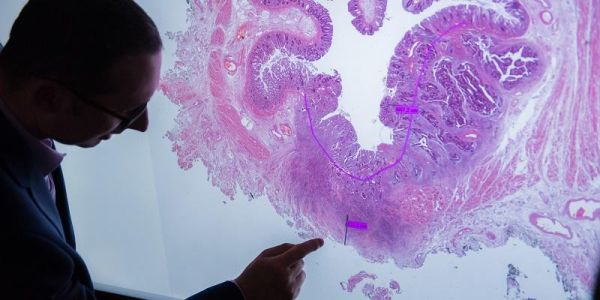
People with overweight or obesity 'facing discrimination from healthcare workers'
People living with overweight or obesity are experiencing stigma and discrimination from healthcare workers as well as uniformly worse healthcare than the general population, researchers say.








